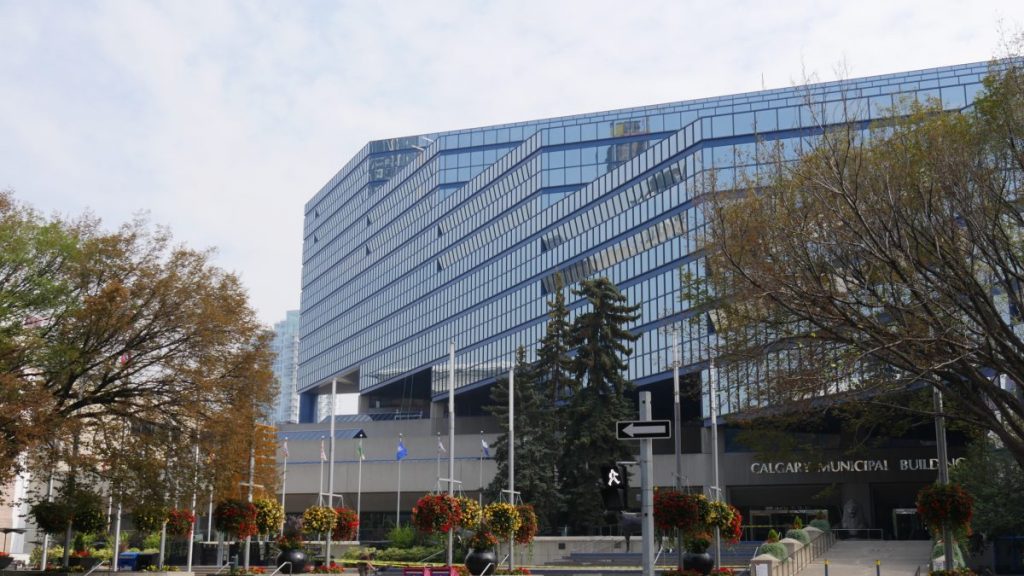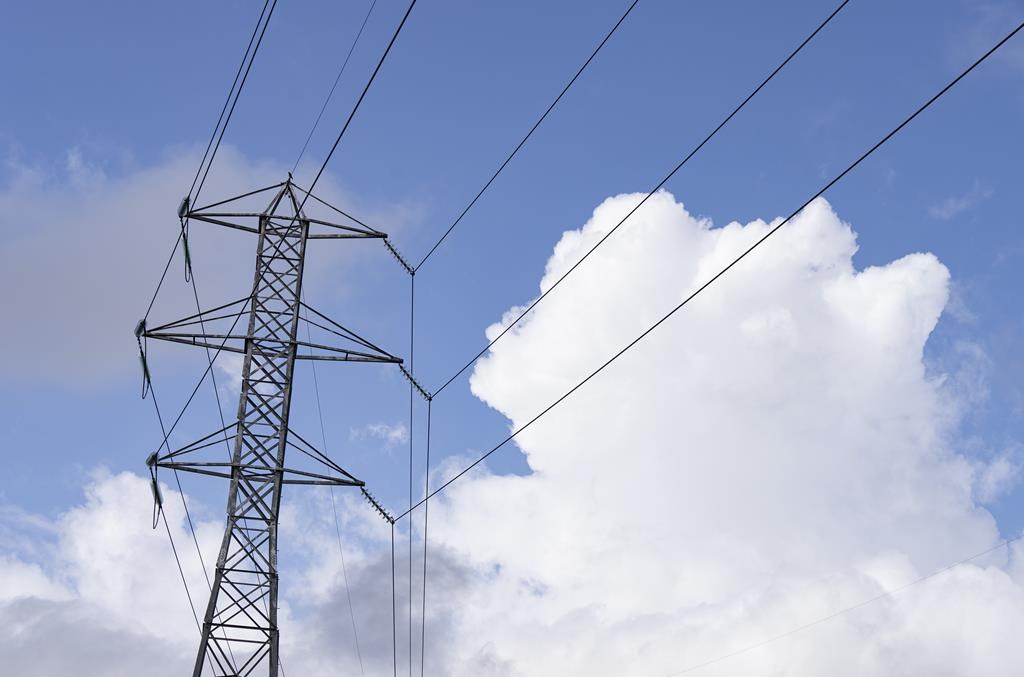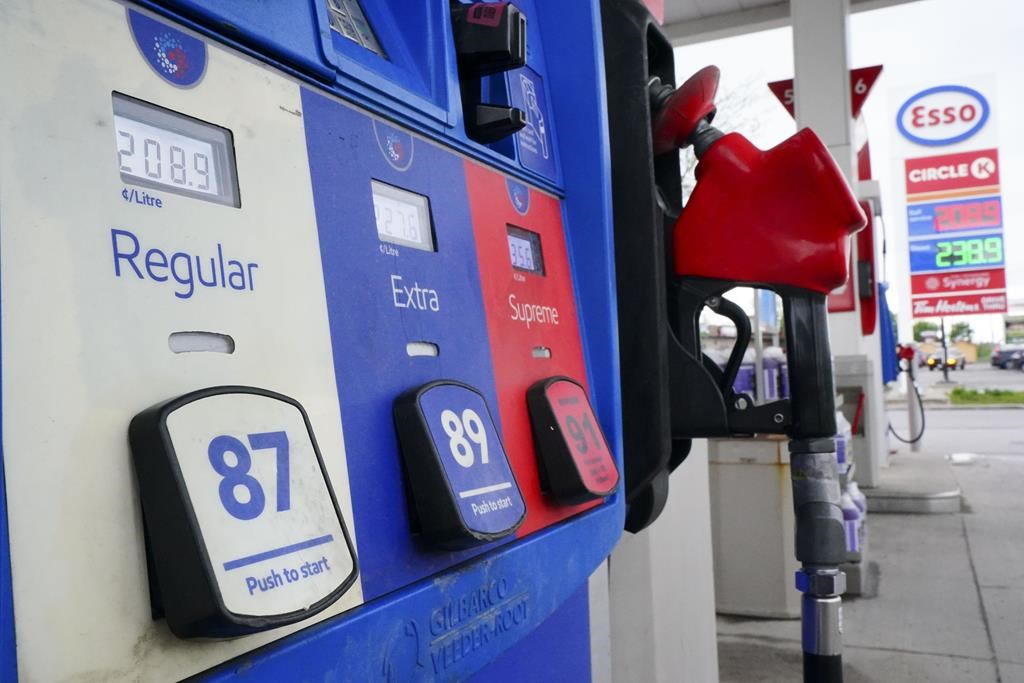Production cuts may not be sole culprit of falling crude shipments
Posted Feb 11, 2019 2:15 pm.
Last Updated Feb 11, 2019 2:22 pm.
This article is more than 5 years old.
CALGARY (660 NEWS) — Just over two months since the Alberta government ordered an oil production cut, there has been an unintended result.
According to monitoring firm Genscape Inc., crude by rail shipments fell by 56 per cent last week compared to three weeks earlier.
The production cut was put in place to address a differential between Western Canadian Select and West Texas Intermediate oil prices.
The plan has succeeded in that respect — with the differential at around $10 in favour of WTI — but now, less oil is being shipped on railways.
“The answer is yes, there have unintended consequences, but maybe not all the consequences are a result of the production cuts,” said Dr. Robert Schulz with the University of Calgary’s Haskayne School of Business.
Schulz says there are many factors at play when you consider the world oil market.
READ MORE: Suncor cites crude-by-rail woes as it calls for early end to Alberta oil cuts
The reduced shipments can also be partly related to storage space in the United States, refinery capacity, and even the political unrest in Venezuela.
“There’s a whole supply chain here. In order to really identify what exactly one variable does, negates the fact that maybe some refineries are either up or down — which wasn’t part of the original forecast. So, for anyone to say this is exactly what’s happening, then I’d be disappointed that they don’t look at other variables as well,” said Schulz.
But when it does come to shipping crude in rail cars, Schulz said the cost is a factor because companies need to pay around $8 more per barrel to ship on railways compared to pipelines.
“If anybody wants to ship the oil they have to pay extra to ship it by rail. And if the differential is $8 a barrel, and you have to ship by rail, then you’re down to next to nothing.”
This again underscores the need for increased pipeline capacity and improved market access around the world.
“Because there’s no pipeline capacity that we could use to ship oil — not so much to the U.S — but to India and to China who really need the oil. That’s what our problem has really been,” said Schulz. “The solution is not going to happen in a day, because the Trans Mountain pipeline hasn’t been approved. And even if it were approved, it would still take another 18 to 24 months to get it running.”
RELATED: November crude-by-rail exports set new record despite slower growth pace
Finally, this may throw a wrench in the provincial government’s intention to buy thousands of more rail cars built to hold oil.
“I certainly hope they haven’t already sent a purchase order up for thousands more if the price is down because you’d have a bunch of rail cars that are sitting empty.”
WATCH: Alberta Premier announces cut in oil production










